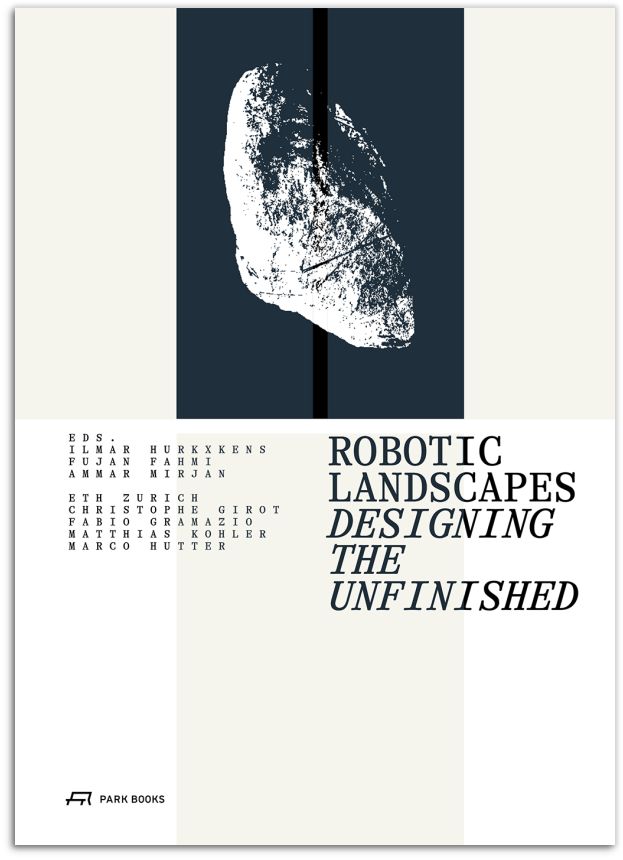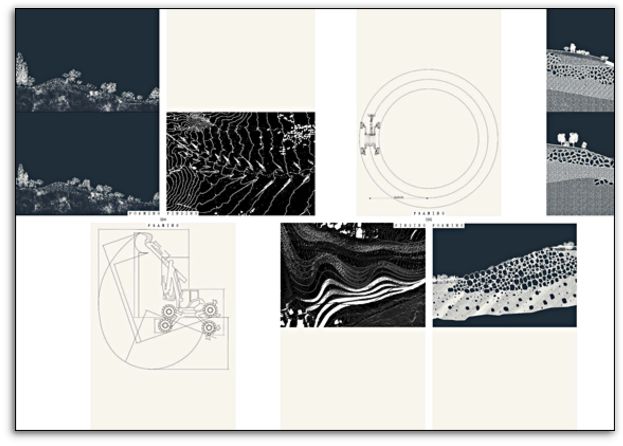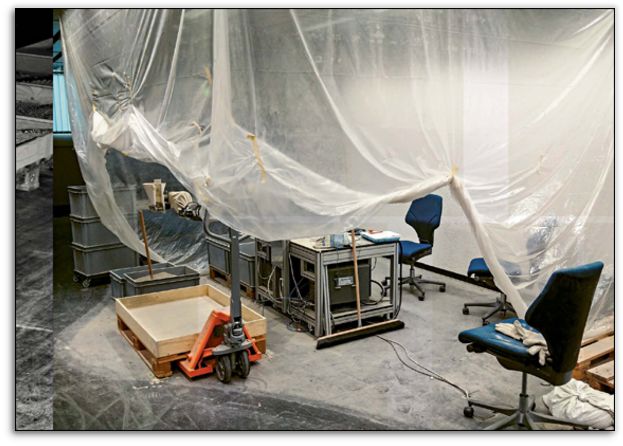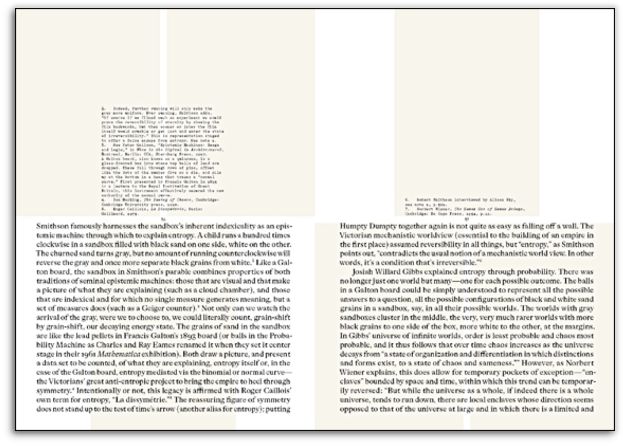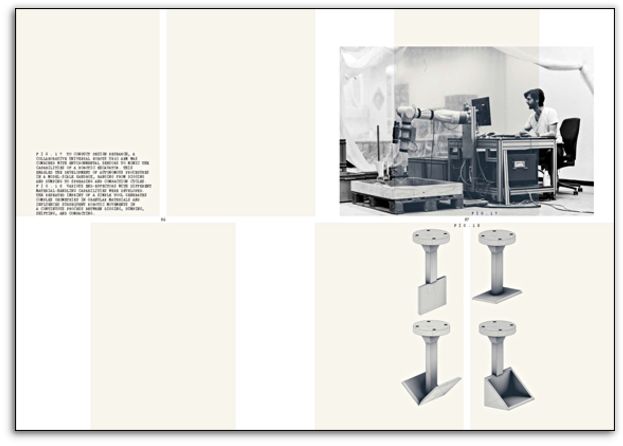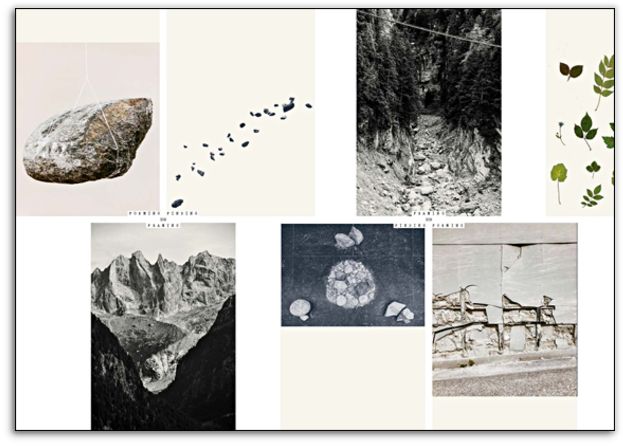Robotic Landscapes
Designing the Unfinished
Dynamic robot-based planning and execution tools open up previously inconceivable design possibilities in the landscape architecture of the 21st century
GVA Gemeinsame Verlagsauslieferung Göttingen
GmbH & Co. KG
P.O. Box 2021
37010 Göttingen
Germany
+49 551 384 200 0
info@gva-verlage.de
The Department of Architecture at ETH Zurich has been researching the integration of robots into the architectural practice, both in design and the fabrication process, for some time. This book—created in collaboration with the chair of Christophe Girot, Gramazio Kohler Research, and Marco Hutter at ETH Zurich’s Robotic Systems Lab—is the first to investigate the use of robot-based construction equipment for large-scale soil grading in landscape architecture. As landscapes are continuously changing due to ever-changing environmental conditions, the application of autonomous systems that respond to the environment rather than perform predefined and static earthwork is of particular interest in this field.
Robotic Landscapes sheds light on a series of groundbreaking experiments in an interdisciplinary collaboration of landscape design, environmental engineering, and robotics that aims to make landscape architecture sustainable and ecological in the long term.

